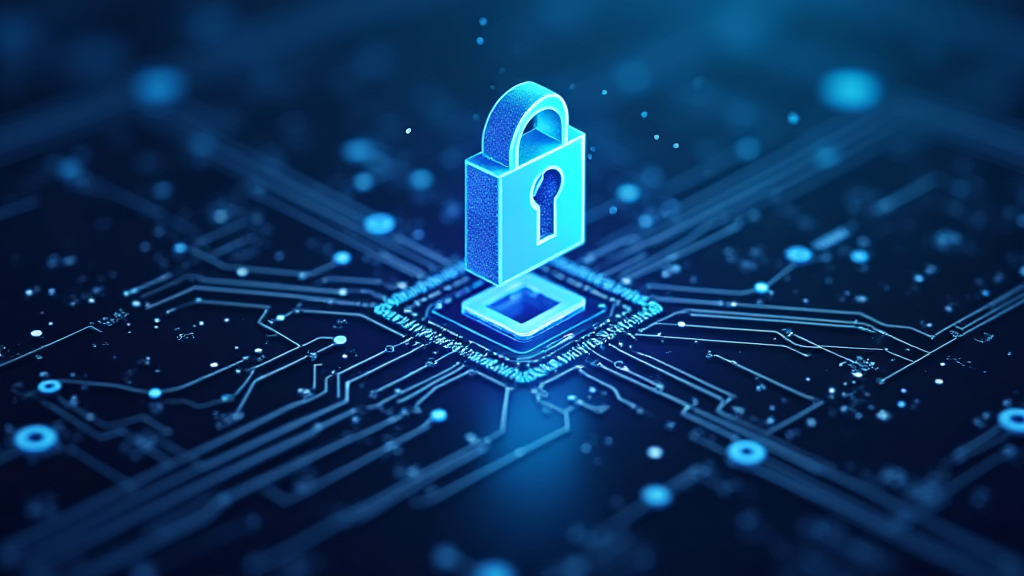Introduction: The Growing Risk Landscape
In the crypto world, security remains an ever-pressing concern. With $4.1 billion lost to DeFi hacks in 2024 alone, the urgency for a HIBT Vietnam crypto safety guide is paramount. Vietnam’s digital landscape is rapidly expanding, with user growth rates expected to exceed 20% in the coming years. This article serves as a comprehensive resource for understanding the security standards and best practices essential for safeguarding digital assets in Vietnam.
Understanding Blockchain Security: Key Concepts
Before diving into specific standards, let’s break down what blockchain security entails. At its core, it involves protecting the integrity of transactions and the network itself.
- Consensus Mechanisms: Ensure all participants agree on the state of the blockchain.
- Smart Contracts: Self-executing contracts with the terms directly written into code.
- Private and Public Keys: Critical for authenticating transactions and maintaining ownership.
Think of it as a bank vault for digital assets—only more complex and decentralized. Each of these elements plays a crucial role in maintaining the safety of your crypto investments.

Common Vulnerabilities in Blockchain Systems
Like any technology, blockchain systems are not immune to vulnerabilities. Understanding these risks is essential for implementing effective safeguards.
1. Consensus Mechanism Vulnerabilities
Different consensus mechanisms (Proof of Work, Proof of Stake, etc.) have unique security risks. For example, Proof of Work is susceptible to 51% attacks. This occurs when a single entity gains control over the majority of network hashing power, leading to potential double-spending.
2. Smart Contract Bugs
Smart contracts are programmed to execute automatically, but coding errors can lead to significant losses. Here’s a startling statistic: 70% of smart contracts encountered bugs during their lifecycle, according to industry reports.
3. Key Management Issues
Many breaches occur due to poor key management. If your private key is compromised, your assets can be stolen within seconds. Secure storage solutions, like Ledger Nano X, can reduce hacks by an impressive 70%.
Essential Security Practices for Investors
Now that we’ve established the risks, let’s talk about the safety practices that every investor in the Vietnamese crypto market should embrace.
1. Regular Security Audits
Conducting regular security audits of your crypto assets and transactions can identify vulnerabilities before they become serious issues. Services from reliable providers can help ensure that your investments are secure.
2. Using Reputable Wallets
Opt for well-reviewed wallets known for their security features. Hardware wallets such as Ledger or Trezor are excellent choices for storing cryptocurrencies safely.
3. Understanding the Regulatory Framework
Staying updated with Vietnam’s crypto regulations is crucial. Not only does compliance protect your assets, but it also provides peace of mind.
The Role of Community in Blockchain Safety
The Vietnamese crypto community is vibrant and rapidly growing. Engaging with local meet-ups and forums can provide insights into the latest security practices and tools.
Moreover, sharing experiences and best practices fosters a culture of security awareness in the community.
Conclusion: Preparing for the Future of Crypto Safety in Vietnam
As the crypto market continues to grow, so will the threats against it. By following the HIBT Vietnam crypto safety guide and implementing robust security practices, investors can protect their assets effectively.
Investing in knowledge, such as the need for regular security audits or using hardware wallets, can significantly reduce risks. The landscape of crypto security is evolving, and staying informed is the best defense.
In summary, as you navigate the world of blockchain and cryptocurrencies, remember to prioritize safety. The right practices can make all the difference in securing your digital assets against emerging threats.
Author: Dr. Minh Tran, a cybersecurity expert who has published over 15 papers on blockchain security and has led audits for several high-profile projects within the crypto space.





